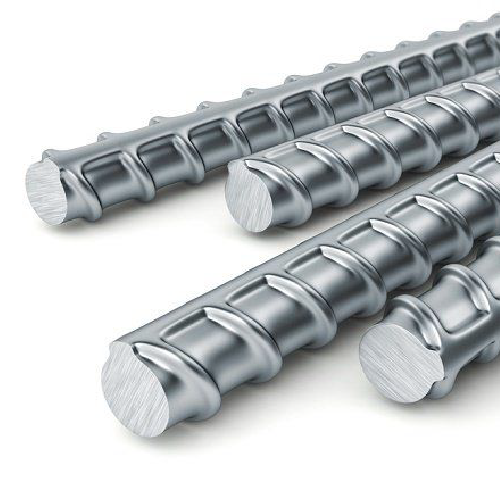
CFD and FOREX Brokers
Forex is the largest financial market in the world; as such there are many brokers operating in this field. Figuring out which one is right for you is a confusing but vital process, since your choice of broker can be influential to your success; choosing the wrong one could be financially devastating.
This article looks at the key points to consider when making your choice, before offering our list of the 16 best forex brokers in the UK.
We also recommend you view this list of FCA regulated UK forex brokers created by the team at compareforexbrokers.com.
Key Considerations When Choosing a Forex or CFD Broker
Considerations should be relevant to your personal circumstances, but here are a few key points that you’ll need to keep in mind:
Is It Regulated?
You’re entrusting it with monetary funds and personal information, and will want a guarantee that both are protected.
You’ll also want confidence in your chosen broker’s reputation and credentials; essentially ensuring that it's not likely to go out of business, or worse, scam you out of profits.
The best forex and CFD brokers in the UK will be regulated by the Financial Conduct Authority (FCA). This means it is obliged to operate to the highest standards with fairness and transparency.
Regulation information should be clearly visible on a broker’s website and its FCA registration number listed.
What Are Its Trading Costs?
While some work on commission, most make money through spreads.
The spread is the difference between the buy and sell price on a currency pair and, depending on the type of trader you are, can have a significant impact on your profit margin.
Look at the average spreads each broker offers to find one that works best for you.
In addition to spread, you’ll also need to consider the minimum deposit required and any other fees the broker may apply, such as rollover costs (a charge to hold an open position overnight), interest rates and withdrawal charges.
Be sure to read the small print of each broker's service agreement to avoid unexpected costs. Also remember that the cheapest option is not always the best. Look for value for money rather than the lowest cost.
The Best Trading Platforms
Let’s take a look at the best trading to earn more.
1. Liteforex
Best for: Learning from others
Liteforex is one of the most popular online reliable brokers over the world. Over the past 15 years, it has developed a strong reputation for beginners and experienced investors alike, has a minimum $100 deposit.
The Liteforex app aims to use easy for every clients. It is available on Google Play and the App Store and allows you to move seamlessly between devices.
It’s innovative features include:
- Pre-programmed one-click trading
- Copy Trader – Copy the trades of others in real-time
- Its own social networking platform
- Pre provided investment strategies which they call Copy Portfolios
The app boasts the ability to allow you to place online trades even if the trading platform is down.
The information is being presented without consideration of the investment objectives, risk tolerance, or financial circumstances of any specific investor and might not be suitable for all investors.
2. FXTM
The FXTM Platform itself is intuitive and easy to use, suitable for those just getting into trading and those more experienced alike.
It is designed to offer a full replication of an institutional trading environment including depth of market.
With advanced risk management and order functionality, this is a detailed platform for trading stocks.
The FXTM app offers a premium range of order types, with advanced technical analysis tools.
You can set up push and email notifications for the important things that you want to know in relation to your stock trading needs – such as price alerts and trade statistics.
Within the app, you can:
- Complete a range of order types
- Work with all your accounts in one app
- Understand detailed trade analysis
- Review detailed order tickets – base currency dollar value and pip distance
As a platform, there are comprehensive educational videos and explanations of symbols, so you can find optimized processing for expert advisors and indicators.
The information is being presented without consideration of the investment objectives, risk tolerance, or financial circumstances of any specific investor and might not be suitable for all investors.
3. FBS
Best for: CFDs
This app is designed for those wanting to trade outside of the US. It is considered one of the best for CFDs on shares and has a minimum $100 deposit.
There are low trading fees but considerable fees for inactive users.
The educational section is average, as are the research tools. However, the app is easy to use overall.
This app is recommended for those familiar with CFDs and who are actively trading. Reviews of the app show that users like the:
- Account-opening process
- Deposit and withdrawal features
- Customer service
- Actual trading platform
The information is being presented without consideration of the investment objectives, risk tolerance, or financial circumstances of any specific investor and might not be suitable for all investors.
What Trading Platforms Does It Use?
You’ll want a platform that’s intuitive, easy to navigate, suitable for your level of experience and that comes with a range of useful features to help inform the best trading decisions.
Many of the best forex or CFD brokers in the UK offer the popular MetaTrader 4 (MT4) platform as well as their own platforms, most of which you can try out before making any commitment with a free demo account.
Does It Offer Good Customer Service?
A good broker should be easily contactable, handle problems efficiently and offer trustworthy trading guidance. Check out customer reviews of each potential broker on your list to see how they stack up.
When considering customer service, also keep in mind the level of support each broker offers through educational tools and resources. The best forex or CFD brokers want you to turn a good profit and will often provide video tutorials, articles and webinars, most of which are free to access for account holders.
Does It Fit With Your Trading Style?
If you’re a scalper, opening and closing trades to accumulate small profits several times a day, you’ll need a broker that offers tight spreads and does not insist on a minimum time frame between entering and exiting the market.
If your strategy is focused on the carry trade, where you intend to hold positions over time to profit from interest rate differentials, you’ll want to look at a broker’s rollover pricing and swap rates.
In addition to the above, you should also keep in mind things like:
- Available leverage
- The types of accounts on offer
- The range of currency pairs available for trade
Myanfx-edu does not provide tax, investment or financial services and advice. The information is being presented without consideration of the investment objectives, risk tolerance, or financial circumstances of any specific investor and might not be suitable for all investors.
Financial Trading is not suitable for all investors & involved Risky. If you through with this link and trade we may earn some commission.
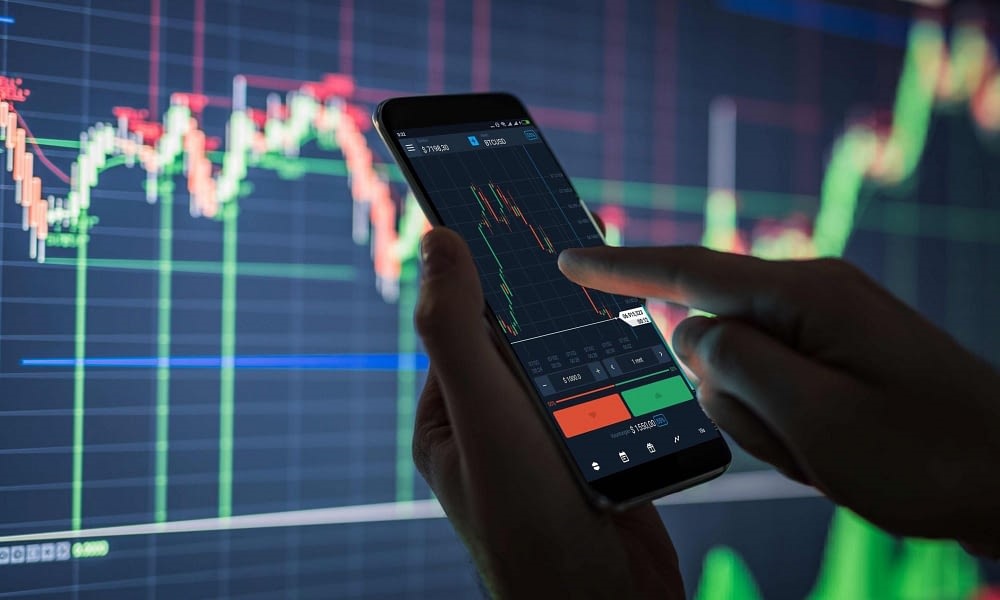
Stocks vs CFDs: The Key Differences
Investment in stocks has a long-standing reputation for the potential to earn big returns for those who can navigate the ups and downs of the trading markets.
An investment opportunity that is becoming increasingly popular, however, is the use of CFDs (Contract For Difference).
Where purchasing stocks in a business means that you own that stock, a CFD simply matches the value of a stock or commodity without the element of ownership.
Key Differences Between CFDs and Stocks
Both stocks and CFDs are viable trading options; however, there are key differences between the two investment opportunities:
What Do You Own?
This is the main difference between CFDs and stocks. When you purchase stocks, such as shares in a business, you own those stocks until you sell them.
With CFDs, there is no element of ownership. What you have instead is a contract with a broker.
The advantage of ownership, in this context, is the related range of shareholder perks and benefits. For example, voting rights or the option to attend shareholder meetings.
Another benefit of stock ownership is the payment of dividends.
If you purchase CFDs concerning company shares, the likelihood is that you will be paid a dividend if you have a CFD in place at the time when dividends are released to shareholders.
However, the conditions surrounding that dividend, such as the amount paid out, will vary from the dividend arrangement for a stockholder.
Financing the Investment
Once an investor in stock has spent their investment pot, they cannot make new purchases without the sale of their existing stocks.
However, a CFD investor has the opportunity to pay a percentage of the stock price and borrow the remaining amount from their broker.
This is known as leverage trading.
For example,
James and Michael each have £10,000 to invest. James uses his £10,000 to buy 19 Tesla shares priced at £502 each, leaving him with £462 unspent.
Michael is also interested in Tesla, but instead of using most of his money in a straightforward stock purchase, he arranges a CFD with a 10% margin.
He invests £954 and borrows the rest of the money from his broker. Michael then has £9,046 remaining to invest elsewhere.
What Can You Invest In?
If you invest in stocks, you are generally limited to purchasing business shares or exchange-traded funds (ETFs). An ETF is a collection of securities that are traded on an exchange.
By contrast, CFDs can be used for a whole host of trading instruments such as business shares, foreign exchange (forex), indices, cryptocurrency, commodities and bonds.
Speed of Cash Settlement
Should you sell all or a portion of your stocks, you can expect to wait at least a couple of days before you receive the cash settlement.
However, when you sell your CFD, or it comes to an end, you will be paid immediately. The benefit to an immediate cash settlement is the speed with which you can reinvest your money or take it as income.
Trading Hours
If you invest in stocks, your trading will be limited to stock exchange hours. This is generally from 8:00 a.m. to 4:00 p.m. Monday to Friday in the UK.
Stock exchanges are closed for trading on a weekend and for bank holidays.
If you invest in CFDs, however, which are open to a wider range of investment instruments (forex, commodities, etc.), you have access to many more markets.
Therefore, you can generally trade for twenty-four hours every day.
Length of Investment
Your decision to invest for a short length of time (be that hours or days) or on a longer basis (stretching from weeks to even years), will inform your choice of stocks or CFD investment.
CFDs can be used for short or long-term investments, but are especially suited to the short term because many of the investment instruments they trade-ins, such as cryptocurrency or forex, are subject to rapid rises and falls in price.
By comparison, stock trading is not suitable for short-term investments because it relies on a buy-and-hold strategy and restrictions linked to actual ownership of stocks which may prevent a quick sale.
Myanfx-edu does not provide tax, investment or financial services and advice. The information is being presented without consideration of the investment objectives, risk tolerance, or financial circumstances of any specific investor and might not be suitable for all investors.
Financial Trading is not suitable for all investors & involved Risky. If you through with this link and trade we may earn some commission.

Best for: CFDs This app is designed for those wanting to trade outside of the US.
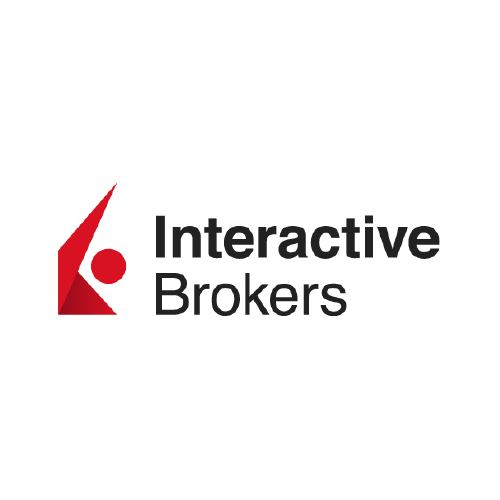
Best for: Professionals Provided by one of the largest stockbrokers, the Interactive Brokers app is designed
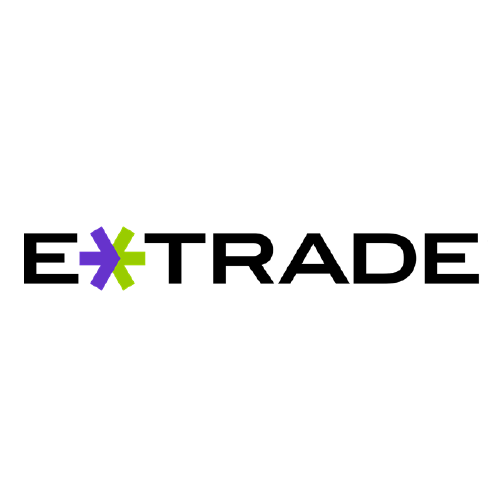
Best for: Overall use and functions E*Trade Financial Corporation is a favorite among traders as it
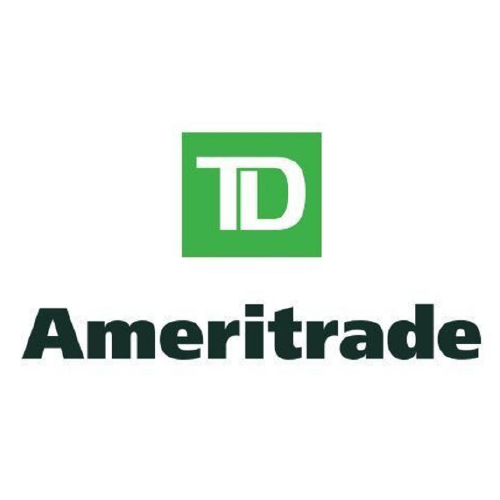
Best for: Free app There are two TD Ameritrade apps: Mobile and Mobile Trader. Mobile is
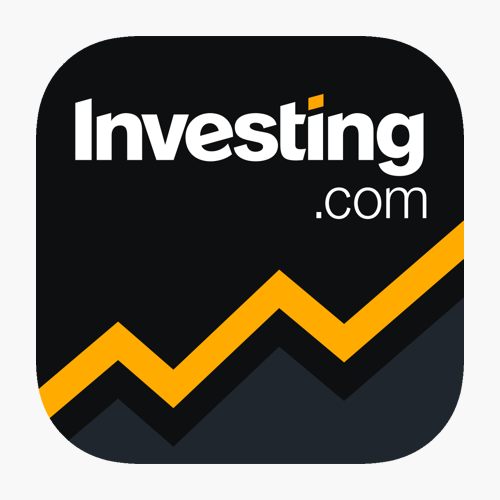
Best for: Android users This app comes with: Real-time data for over 70 global exchanges Personalized

Minimum Deposit: $100Regulations: CySEC, FMA, FSCA, ASIC, MIFID-ESMA With a wide range of assets available and several

Vantage FX was founded in 2008 to be a transparent forex broker and has grown

Best for: Competitive spreads A well-established and highly regarded UK forex broker, acquired by parent company
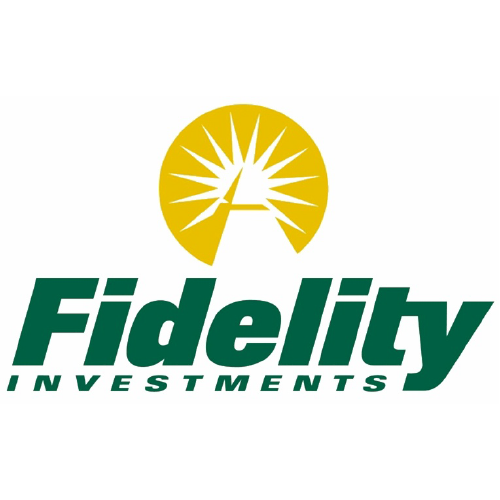
Best for: Long-term goals With over 70 years of trading experience, the Fidelity trading app offers:

Best for: Learning from others eToro is one of the most popular online stock brokers in the
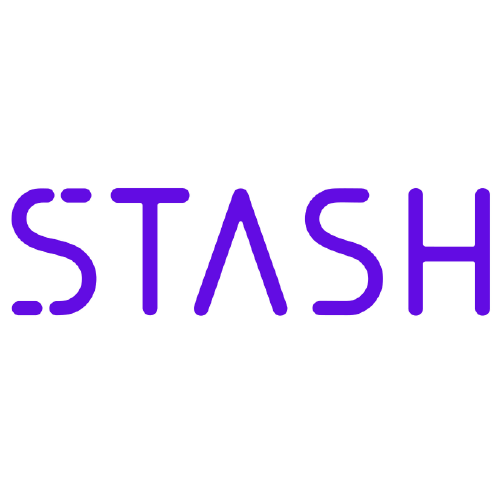
Best for: Finding funding The unique selling point of the Stash trading app is that it
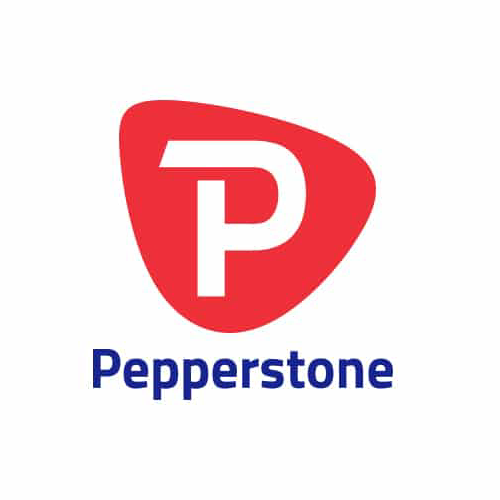
The cTrader platform itself is intuitive and easy to use, suitable for those just getting into trading
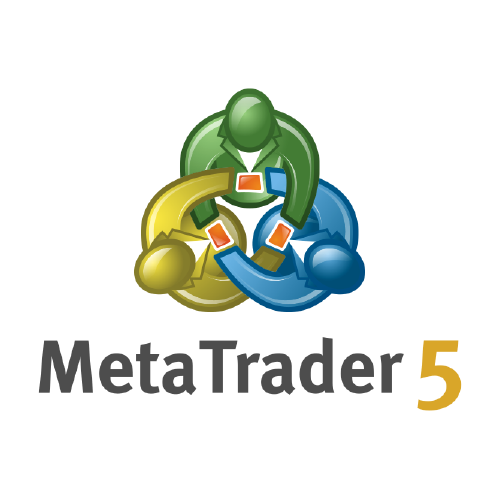
Best for: Advanced traders MetaTrader was initially designed for forex trading only, but with the new
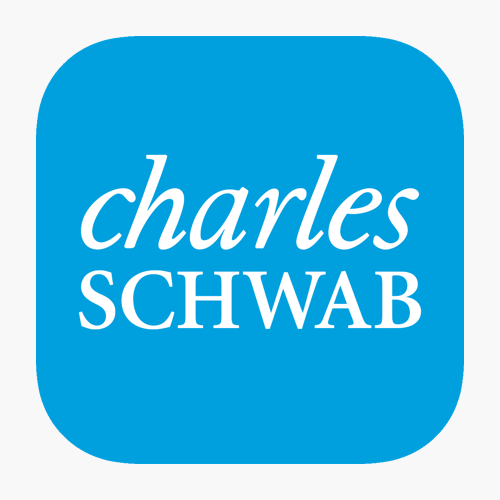
Best for: Beginners Schwab Mobile is a free-to-use app that offers real-time trading and easily manageable
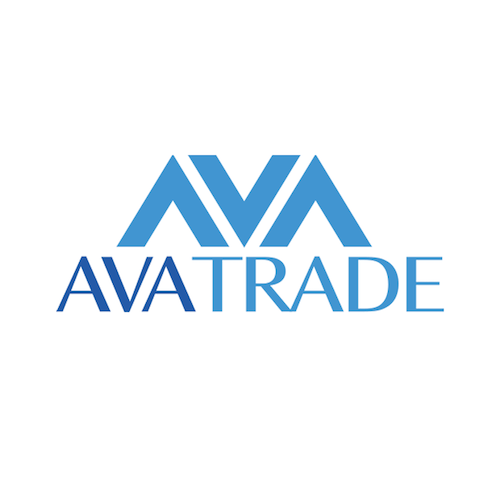
Best for: No commission AvaTrade is a forex and stock CFD trading platform that is easy
Want to Trade Online?
Easy Trading Platform
Copy Experienced Traders
Trade from Your Pocket
Trade with Liteforex
- Best Mobile App
- Free Trading Courses
- Low Fees
- Fast Execution
- 24/7 Customer Support
CFD Trading on financial markets carries risks. Before deciding to trade, you need to ensure that you understand the risks involved.





